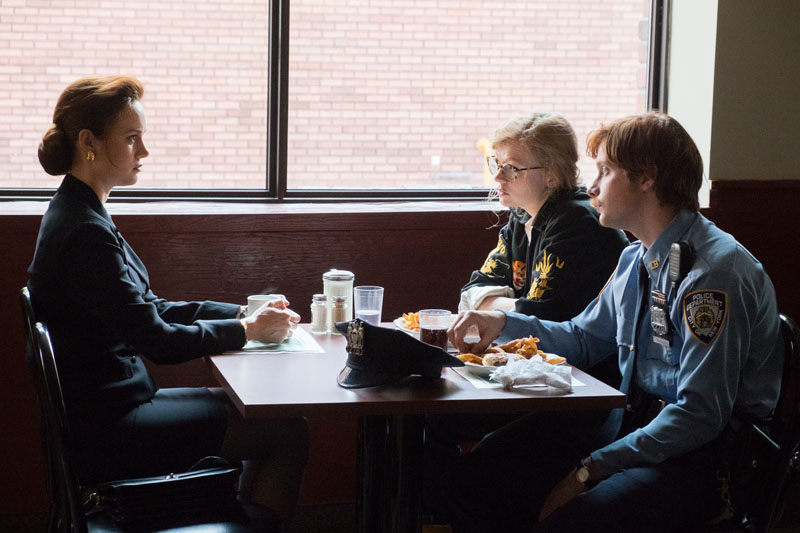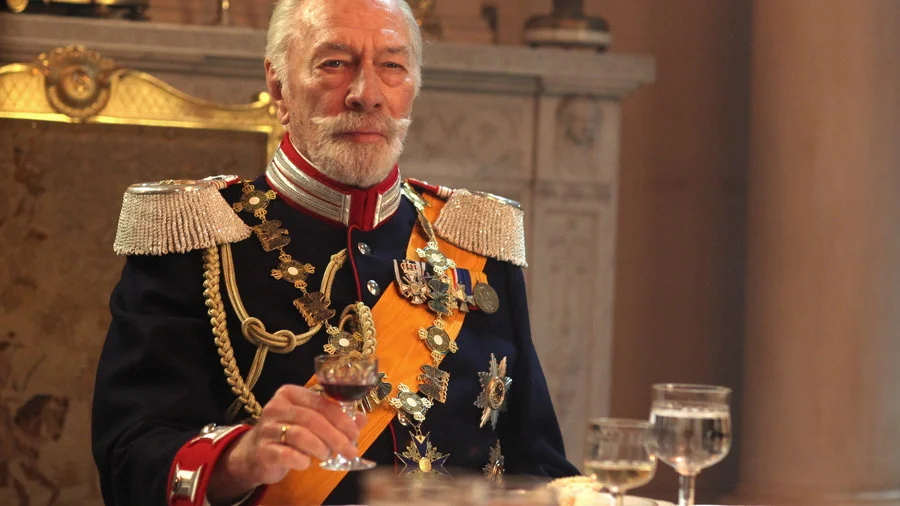Film Review: The Glass Castle (2017) Dir. Destin Daniel Cretton
Film Still from The Glass Castle, 2017
By Belle McIntyre
I always have very mixed emotions about seeing a much-loved book made into a film. Partially, I want to keep it intact as I remember it, but equally one is drawn to see what might have been done differently, or merely to experience it again in a new form. This was definitely the case with The Glass Castle, the devastating memoir by Jeannette Walls, one of the most unputdownable books I have read. I am happy to report that the film does not disappoint. It really captures the spirit and the nitty grittiness of her early life as well as the confusion of her early adulthood after finally escaping from the tyranny and the madness, which was her childhood and adolescent world.
Jeannette Walls grew up with four siblings, dirt poor, with a charismatic yarn-spinner, ne’er-do-well father (Woody Harrelson) and a flakey, otherworldly, artist mother (Naomi Watts). They are fatally attracted to each other and seem to have an alternative relationship with their offspring. They are a mild interference for the self-involved Rose Mary, rarely making much effort at normal mothering. Her life revolves around Rex. For Rex, the children are his most captive audience - listening to his wild ideas and schemes, promises, lessons in dubious physics, homespun truths and fairy tales. They feed on Rex’s skewed optimism, fantasies and rejection of norms. It often replaces food, school, a roof over their heads, plumbing, doctors, friends, etc. They have each other and some crazy sense of freedom, which is not necessarily what young children need. Of necessity, they learn to stick together since it is clear that no one else will take care of them. They are amazingly resilient and wise beyond their years, albeit almost totally unschooled.
My take on this film will be different from those who have not read the memoir, which I highly recommend, but it should not interfere with my review. Although, I cannot be sure if the vividness of the details so mesmerizingly evoked by the author’s written words residually informed my impression of the film, but to me it felt just as immediate, just as real, just as terrifying and alternately magical as the book. The mood is both liberating and claustrophobic, exhilarating and dangerous and it absolutely captures the sense of being a child with no options but to embrace your dependence on the only parental figure available. Rex is so patently bonkers, most likely bi-polar, and when he is not drunk and is focused on the kids he is at his most endearing and lovingly attentive. But the constant deprivation, the terrifying rages, the endless uprooting to stay ahead of the law or bill collectors is pretty horrific. It is unsparingly rendered.
We come to the story from the point of view of the adult Jeannette, who has survived and thrived in New York City as the editor of The Intelligencer column in New York Magazine. It is a gossipy current events page that requires her to cover and interview all sorts of high profile New Yorkers at social and art events. She is living a successful sophisticated life in Manhattan with a devoted fiancé, David, a talented, well-connected financial guy, who knows the details of her sordid upbringing and loves her unquestioningly. What we learn in flashbacks is that eventually three of the kids managed to break free of the toxic parents and gotten themselves to Manhattan and built lives for themselves. The fourth finally bolted to California to get as far away as possible after being the only one left. It is quite heartbreaking.
Film Still from The Glass Castle, 2017
Film Still from The Glass Castle, 2017
The nightmare, however, has followed them to New York as Rex and Rose Mary have landed up in town and are alternately living homeless on the streets and ultimately in a squatters building on the lower east side. The constant reminder makes it increasingly difficult for Jeannette to leave her traumatic history behind her. Especially as the renegade parents have an inconvenient habit of turning up in her life and trying to guilt trip her about her bourgeoisie life style and challenging her choices, much to her consternation and mortification.
Ultimately, the story is about the indelible scars and links to family and past which cannot be obliterated or forgotten. And the redemption comes from acceptance and forgiveness. What it takes for Jeannette to have a rapprochement with her dying father is what finally sets her free from her conflicted relationship with her parents and her early life. She is able to embrace that which made her strong, independent and creative and feel gratitude for that and find space for compassion and love for her negligent, abusive parents. She has become the adult that they never became.
The young Walls children are an endearingly motley red-headed crew and Chandler Head is particularly evocative as the young Jeannette whose adoring yet questioning eyes reflect the confusion and love of one so young in the thrall of the larger-than-life all powerful father. That she grew into the successful, superficially normal person played by Brie Larson is something of a miracle. She turns in a nuanced performance depicting a woman just barely hanging onto a life of her own creation. Naomi Watts thoroughly inhabits the role of the disconnected, captive woman-child wife. The real drama is provided by the man-child Woody Harrelson who might have been created for this role. He is so painfully tormented by his demons and so terrified of reality that he creates his own with his grandiose delusional imagination which allows him to reject the world before it rejects him.
The story is revealed in flashbacks throughout, which constitute the majority of the film and I found it quite effective. The fact that the story is so harrowing that it can withstand the episodic nature of the flashback device and still be gut-wrenching and enthralling is a tribute to the writing and the direction. The fact that the Walls are so off-the-wall does not mean that the message is not universal. It is about the way every human must navigate their reality in relationship to their past and learn to own it. I think it will speak to everyone very powerfully. Lastly, it is worthwhile to stay through the credits which serve as a coda and adds an extra dimension.










